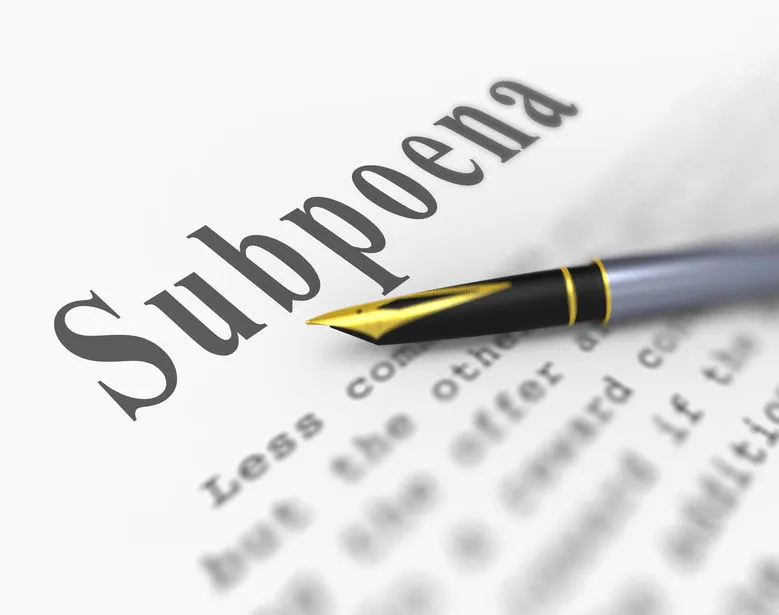Using Subpoenas in Family Law Litigation

Using Subpoenas in Family Law Litigation
Despite the general preference for out-of-court settlements for divorce and family law matters, you cannot resolve some disputes without approaching the court. To resolve these cases, you will need a trial or an evidentiary hearing. You need to rely on much preparatory or background work to deal with such contested litigation if you want to increase your chances of a fair outcome.
Using subpoenas is one of the discovery tools in family law litigation you can use for an effective engagement. Subpoenas are crucial for obtaining proof and extracting testimony, evidence, and documents from third-party witnesses.
Dissecting a Witness Subpoena
Essentially, there are two subpoena types in use: subpoena duces tecum and witness subpoena. The latter is a subpoena on a third party with proof, worthwhile testimony, and documents.
Those who could have information about the family law issue or divorce include a physician, friend, relative, neighbor, or school teacher.
Sometimes, the third-party witnesses receive a subpoena to attend a deposition before an evidentiary hearing on an issue. At other times, the subpoena may mandate the third-party witness to testify in court.
Understanding a Subpoena Duces Tecum
A subpoena duces tecum is for getting records or information from a witness. An example is a subpoena on a hospital to receive medical records.
Further, it can be a subpoena on a school to get academic records, an enterprise to get business records, or a financial institution to receive financial transactions.
Typically, you use a subpoena duces tecum to seek a comprehensive record about someone in a given aspect. The issue ends there if the requested source provides the documents with an affidavit within the permitted deadline.
“Testimony at a deposition is often unnecessary. However, it is crucial when you need clarification or the served source does not provide the full record,” says family law attorney Matthew Dolan of Dolan Divorce Lawyers, PLLC.
What Are the Instances Where a Subpoena Is Not in Use?
Parties sometimes question the need for a subpoena. In other words, parties think they can obtain testimony or records without serving a subpoena.
Yes, getting documents, proof, and testimony via consent is possible. You do not need a subpoena in that case.
However, if the third party is unyielding, an attorney must serve them a subpoena to submit needed evidence and documents or testify in court. Instead of pleading or using unapproved strategies to get documents and evidence from people or institutions, it is advisable to use subpoenas. Serving a subpoena will save you from undue stress.
Conclusion
Although the best way of settling your divorce or family law disputes is to explore out-of-court options, as stated earlier, some cases defy amicable alternative dispute resolutions, and you will need to involve the court for a judge to determine the case.
If getting vital evidence to prosecute your case becomes tiring, your lawyer will subpoena the concerned person or entity. Use the appropriate subpoena to get the desired result. Liaising with legal professionals as soon as possible will hasten the process and help you focus on winning the case.

Related Items:





